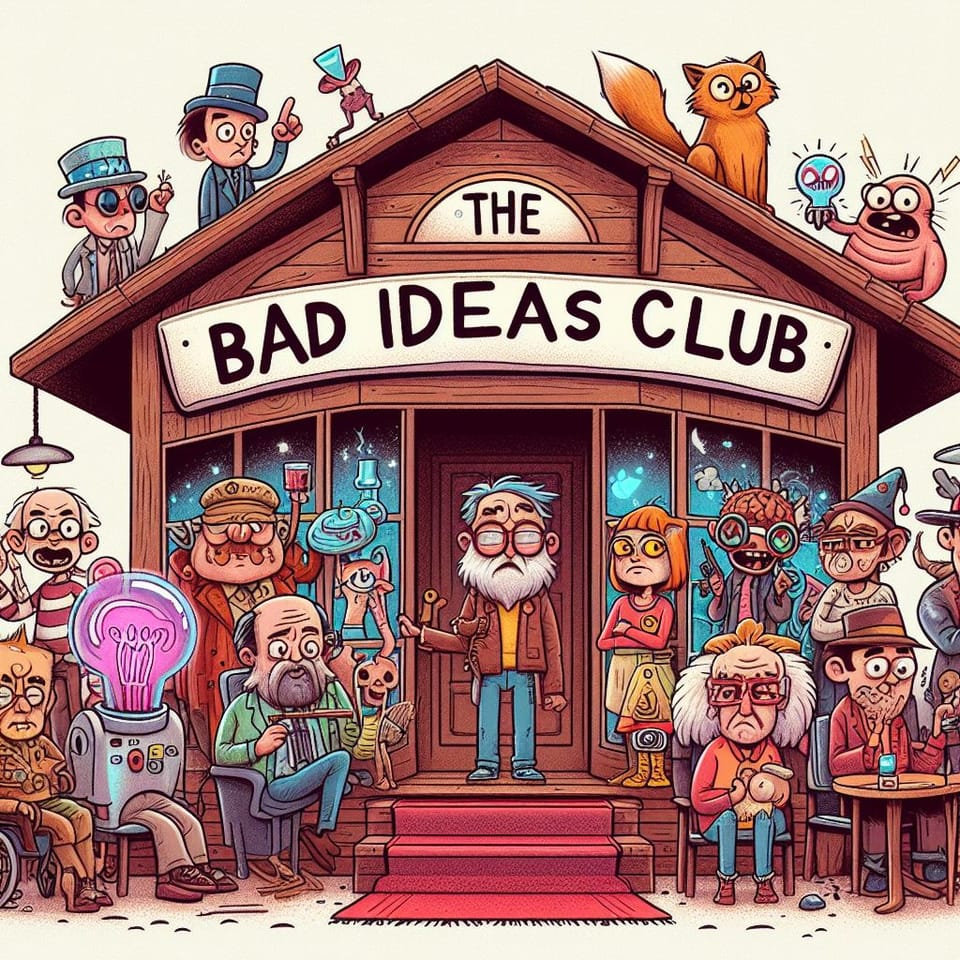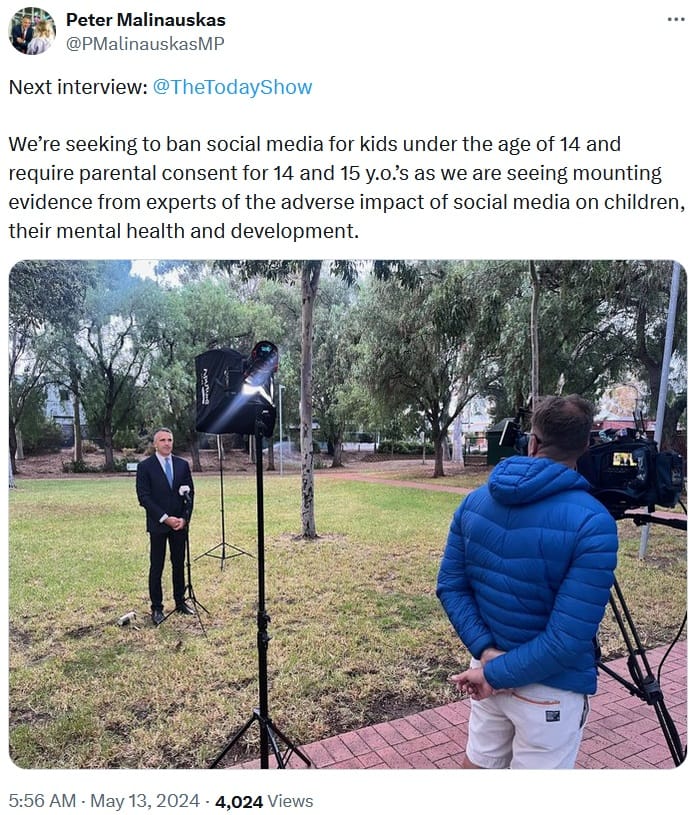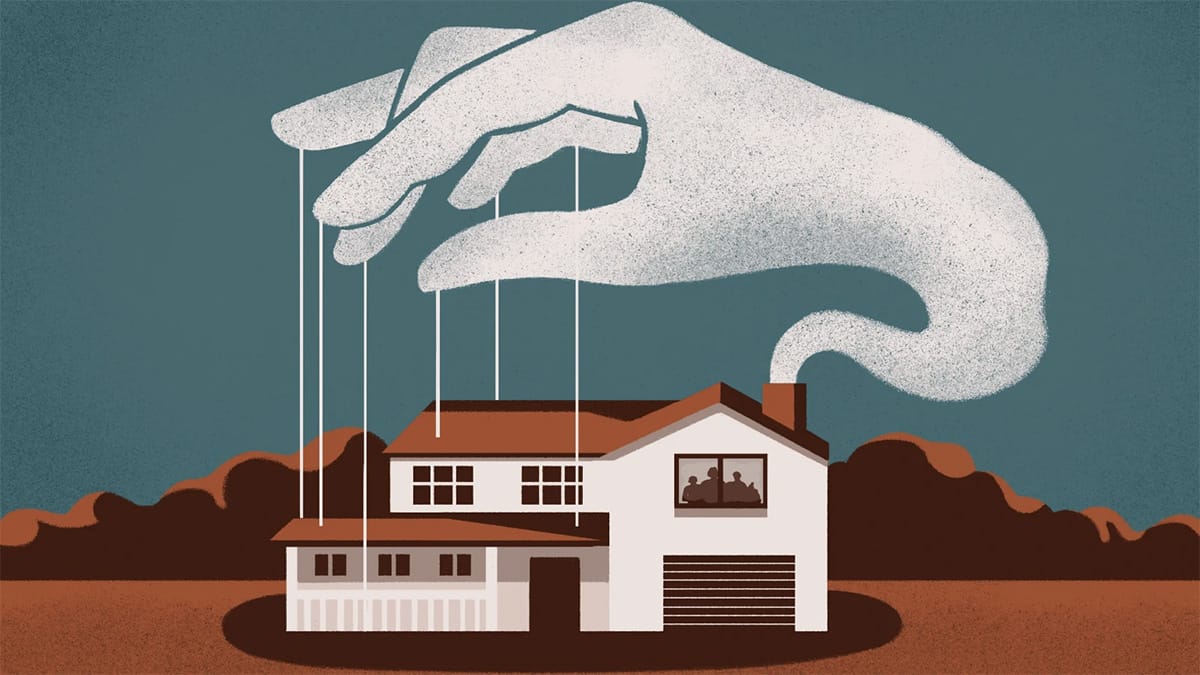Let's not make the housing crisis even worse

I trust everyone has now taken in yesterday's Budget. I was surprised by it, but only because from a macro point of view it was worse than I expected: net debt will continue to rise in every year, including by over $50 billion in 2024-25 and $60 billion in 2025-26, as Treasurer Jim Chalmers decided to add more than $24 billion of new policy-related spending, mostly in those years. As a share of GDP, that's a 2.9 percentage point increase in net debt in just two years.
Quite shocking, really, given our capacity-constrained economy, with unemployment is below 4% and the ongoing inflationary cost-of-living crisis partially caused by excessively loose fiscal policy.
On that note, Chalmers had the chutzpah to claim that the $300 energy rebate and 10% increase to the maximum rate of Commonwealth Rent Assistance will cut inflation over the next two years. Now, those might be things worth spending on, but unless cuts are made elsewhere they're going to add to inflation, not reduce it. I know that, the Treasury knows that, and the RBA will certainly know that when the time comes to consider its next rate decision. The only thing such spending will reduce is measured inflation because of how the stats bureau calculates the CPI. The claim is nothing but a pure, unadulterated attempt at deception.
But enough about the Budget.
Barely a day goes by without someone out there claiming to have an idea that will solve some complicated issue. Usually they do no harm; it's just some fringe academic, media personality or politician, whose ideas are rightly ignored, or – should they gain enough traction – appropriately dismissed based on of the harms they will cause.
But sometimes those ideas can become infectious, especially when they're latched onto by influential people with power. The most extreme example was perhaps a once-obscure German scribe called Karl Marx, who was elevated into the mainstream following the 1917 Russian Revolution:
"Lenin's political rise simultaneously enabled a sizable boost to the academic study of Marx's doctrines... While other factors certainly shaped Marx's reception in the mid-twentieth century, including the diaspora of the German-speaking academic Left in the face of Nazi persecution, the catalysing event in the elevation of Marx's intellectual stature appears to be the Russian Revolution."
Scholars of Marx who found themselves in positions of power, from Lenin to Mao, have subsequently caused millions of lives to be lost.
Closer to home and much more recently, the 'latest idea' appears to have taken hold in South Australia. I speak of psychologist Jonathan Haidt's theory that social media is causing stress, anxiety, and is even leading some of our kids to kill themselves (all of which I covered in last week's Fodder).
Despite evidence that Haidt may be barking up the wrong tree, Premier Peter Malinauskas has already embraced the theory, seeking to "ban social media for kids under the age of 14".

Malinauskas would have banned social media already if he could; he's just not sure whether he has the legal authority to do so.
Haidt's book, The Anxious Generation, has been out for less than two months, yet already it's informing policy in Australia. And while Haidt's theory is alluring in its simplicity, it has not stood up to initial scrutiny and should be studied further before policy conclusions are drawn, as a reactionary approach may cause large unintended consequences.
But Malinauskas' rapid embrace of a contestable theory provides a good case study as to why it can be dangerous to dismiss ideas on facts alone. Someone, somewhere in a position of power might actually do it – consequences be damned.
Which brings me to housing.
Australia's dual housing crises
Yesterday's Budget went to great lengths discussing what it planned to do about Australia's ongoing housing crisis, with an entire statement dedicated to "Meeting Australia's Housing Challenge". Most of it had already been announced, with $6.2 billion allocated to "new initiatives", including for social housing, state infrastructure improvement, and student accommodation.
The statement itself was actually quite good in that it (finally!) acknowledged that demand-side solutions were counterproductive:
"Productivity Commission research has suggested that for government programs assisting households to purchase a home, the assistance is likely to be capitalised into house prices when not accompanied with an increase in supply. This tends to benefit sellers and existing owners, rather than buyers, which in turn further prices low- and middle-income households out of owning their own home."
I'm reminded of this meme:

But despite a reasonably strong focus on the supply side – which is so much better than our tried-and-failed demand side solutions, such as first home buyer grants – I don't think that the government's approach will do all that much to solve the housing crisis.
The main reason why I think it will fail is because we have two housing crises in Australia at the moment: a long run supply issue and a short run demand and supply issue, and the government is not adequately addressing either of them.





